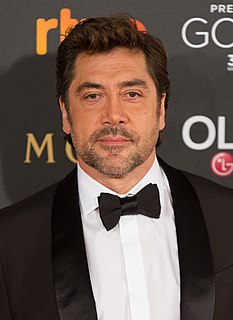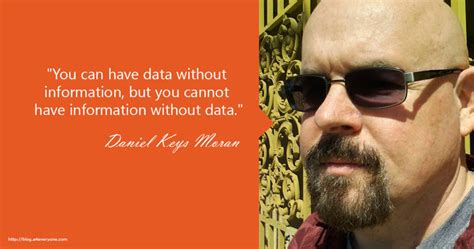A Quote by Northrop Frye
The world of literature is a world where there is no reality except that of the human imagination.
Quote Topics
Related Quotes
There are only two worlds - your world, which is the real world, and other worlds, the fantasy. Worlds like this are worlds of the human imagination: their reality, or lack of reality, is not important. What is important is that they are there. these worlds provide an alternative. Provide an escape. Provide a threat. Provide a dream, and power; provide refuge, and pain. They give your world meaning. They do not exist; and thus they are all that matters.
Science begins with the world we have to live in, accepting its data and trying to explain its laws. From there, it moves toward the imagination: it becomes a mental construct, a model of a possible way of interpreting experience. The further it goes in this direction, the more it tends to speak the language of mathematics, which is really one of the languages of the imagination, along with literature and music. Art, on the other hand, begins with the world we construct, not with the world we see. It starts with the imagination, and then works toward ordinary experience.
Architecture is the triumph of human imagination over materials, methods, and men, to put man into possession of his own Earth. It is at least the geometric pattern of things, of life, of the human and social world. It is at best that magic framework of reality that we sometimes touch upon when we use the word order.
The world of imagination is the world of eternity. It is the divine bosom into which we shall all go after the death of the vegetated [i.e. mortal] body. This world of imagination is infinite and eternal, whereas the world of generation is finite and temporal. There exist in that eternal world the eternal realities of everything which we see reflected in this vegetable glass of nature.
It has seemed to me that literature, as I meant it, was embattled, that it was increasingly difficult to find writing doing what I thought literature should do - which was simply to push people into changing their ideas about the world, and to go further, to encourage us in the work of changing the world, to making it more just and more truly human.
Christian holiness consists not of trying as hard as we can to be good but of learning to live in the new world created by Easter, the new world we publicly entered in our baptism. There are many parts of the world we can't do anything about except pray. But there is one part of the world, one part of physical reality, that we can do something about, and that is the creature each of us call "myself.



































